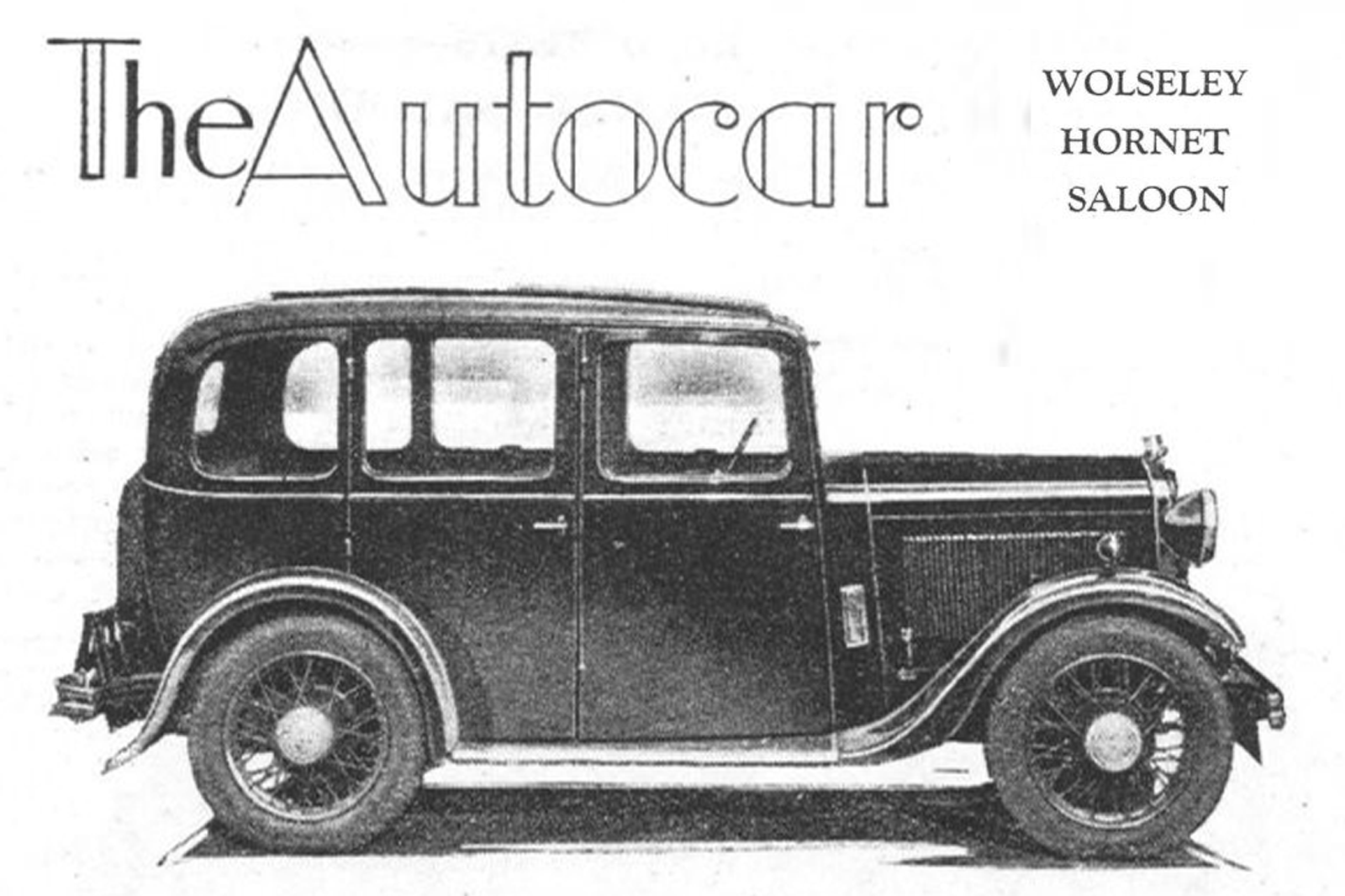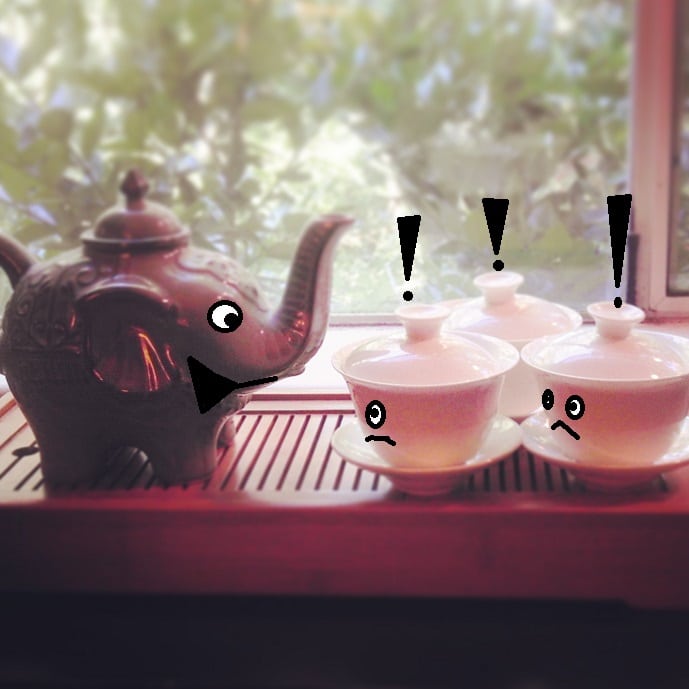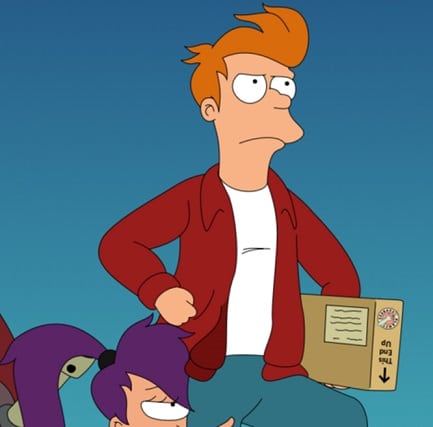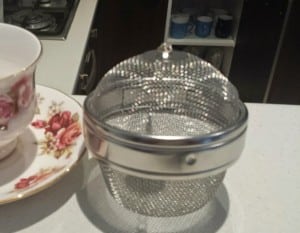THIS IS PART OF THE BoB CHALLENGE, WHERE BEASTS ARE ASSIGNED ‘MILLS AND BOON’ BOOK TITLES AND FORCED AGAINST THEIR WILL TO WRITE A NON-FICTION POST WITH THAT TITLE.
Sugar Island?
As soon as I got given that title, I thought. “Yep, I know what I’ll write about: The Sugar Islands.
After all, there’s no actual place called Sugar Island.
OK, so I looked it up a while later, and there is, but it’s in Michigan. Probably one of the most boring states of the US. They might as well have let Canada have that one, no one would care.
And anyway, nothing important involving tea ever happened in the USA.
Well, there was this one thing, but it’s a long time ago and they’ve probably forgotten about it.
So, where was I? The Sugar Islands.
OK, lots of islands probably grow sugar. Even Australia grows sugar, and we are the biggest island there is.
But to me, Sugar Islands means the West Indies.
Growing up in Australia in the 1970s, I learnt very quickly that this is where a bunch of men came from who were elegant, dignified, had old fashioned names like “Garfield” and “Lancelot” and the most amazingly rich and beautiful speaking voices, had great sportsmanship, were very, very tall and were absolutely committed to killing people with a cricket ball by launching it at fearsome speeds from a great height.
Some people don’t think the West Indies is an accurate description of a real place. They point out that places like Jamaica, Barbados, Trinidad and Tobago and the like are actual countries, and that the West Indies is just a cricket team. Well, screw them. This is my post, and if I choose to use a phrase that is redolent of historical colonialism, I shall, Don’t like it? Go read some other blog about how some single mother in Michigan can’t decide between two brands of infant formula.
So, did I mention The Fable of The Bees yet?
In 1705, the book “The Fable of The Bees: or, Private Vices, Public Benefits” was published by Bernard Mandeville. It’s basically one poem “The Grumbling Hive: or, Knaves turn’d Honest” and a few notes. Bernard considered himself an economist, and given that so far he’s got four friggin’ titles for essentially one short poem, he’s clearly not too far wrong.
Bernie was a riot.
Anyway the book was ignored for a few decades, and then became suddenly popular around 1730.
Here’s a bit of it for your, er, enjoyment:
For many Thousand Bees were lost.
Hard’ned with Toils, and Exercise
They counted Ease it self a Vice;
Which so improved their Temperance;
That, to avoid Extravagance,
They flew into a hollow Tree,
Blest with Content and Honesty.
Basically, the point for Bernie M was never mind Psalm 137:1* and all that pleasing Jesus stuff, Christianity is bad for society. Consuming as many luxuries as you can is the new mantra. Eating humble pie might get you into heaven, but you eating partridge pie is far better for the local pie shop owner.
Like many others, he was championing consumption – not the Tuberculosis kind, although that was popular at the time as well. Eat drink and be merry, for tomorrow we can afford new shoes.
And so, someone came up with the idea of putting sugar in tea.
Neat, hey? You thought I’d forgotten the sugar. Well, I hadn’t.
So,. why would a bunch of economists want people drinking tea with sugar?
Well, here’s a clue from Portcities website:
Some 2,108 slaving voyages set out from Bristol between 1698 and 1807. The number of voyages varied, from over 50 each year in the 1730s, to less than 8 a year in the 1800s
Ok, so the height of the slave trade is the 1730s, and these economists are exhorting the consumption of luxuries, including sugar, in the 1730s. Co-incidence? No!
Basically, slave ships from the UK left port, sailed for West Africa, collected up to 600 slaves, took them to the sugar plantations in the West Indies, sold the survivors, loaded up on sugar, and sailed back to Merry Olde England.
So, if not for tea and cakes – the two main uses of sugar at the time – there would have been a damn sight less than 2,108 slaving voyages from Bristol. Not to mention the dozen or so other ports involved.
It’s basically a circular argument. without the need for sugar, there’s no need for slaves, and therefore no need for slave ships.
It’s a trend we see to this day: Create the demand and create the wealth.
Now, the obvious question is this: If we know that slavery consists of robbing people of their liberty and transporting them thousands of miles away, treating them like animals and possessions simply to make money, didn’t people in the 1700s and thereabouts feel a bit guilty every time they tucked into some sweetened tea and a bit of cake?
I know it makes me a little uncomfortable. And by “a little uncomfortable”, I mean the “Why the hell aren’t we marching in the streets and burning down buildings?” kind of discomfort.
So, who was speaking up for the slaves? I guess they might have been relying on the clergy. Here’s what one of those guys said:
“The question at issue then is, whether or not six millions of British White people, to whom rum and sugar have become a sort of necessary luxury, should, contrary to the Law of Luxury, sacrifice the use of rum and sugar to the liberty of few thousand Black people from the wilds of Africa” – From “An Apology for Slavery; Or, Six Cogent Arguments Against the Immediate Abolition of the Slave-trade, by The Reverend Alexander Geddes, 1792
With all due respect to the Rev Geddes, he was a git. He’s a prime example of why people cast doubt on the self-serving smug pricks who think a friggin’ cassock or dog collar makes them virtuous. “Law of Luxury”, indeed. I’m surprised he didn’t add some “Commandments of Comfort”.
Sure, there were other members of the clergy who were against the slave trade, but the convenient narrative promulgated now is that the shopkeepers were the supporters of the slave-derived goods and the clergy were against, and it’s not so.
And indeed, here we come to a shopkeeper:
“…..Being Impressed with a sense of the unparalleled suffering of our fellow creatures, the African slaves in the West India Islands…..with an apprehension, that while I am dealer in that article, which appears to be principal support of the slave trade, I am encouraging slavery, I take this method of informing my customer that I mean to discontinue selling the article of sugar when I have disposed of the stock I have on hand, till I can procure it through channels less contaminated, more unconnected with slavery, less polluted with human blood……” James Wright, A merchant of Haverhill, Suffolk, in an advertisement the General Evening Post, March 6th 1792
Good on you, James. I raise my teacup to you. Note that I don’t take sugar.
The West Indies may now be a region without slavery, and with vibrancy and art and love and food and family and politics and cricket – all the things that make life bearable – but it was born in blood and misery.
So, whenever you’re asked if you take sugar, spare a moment to remember what was taken in the name of sugar.
*Psalm 137:1 is “By the rivers of Babylon we sat and wept when we remembered Zion.” Yes, you’ve been part of possibly the best obscure joke in a blog ever.








